MOSCOW, Sept2 (v7n)- The recent arrest of Pavel Durov, the founder and CEO of the popular messaging app Telegram, in France has sparked significant concern in Russia regarding the future of the platform. With an Air Quality Index (AQI) score of 133, indicating 'unhealthy' air quality for sensitive groups, the situation has raised fears that Telegram, a vital source of uncensored news, could be blocked, further limiting access to information for both the Kremlin and its opponents.
Durov was detained at Le Bourget Airport near Paris after arriving on a private jet. He faces allegations related to the platform's failure to curb extremist and illegal content, including accusations of facilitating money laundering and drug trafficking. Although he has been released on bail, he is prohibited from leaving France, and the Kremlin has warned against what it perceives as political persecution.
Since the onset of the Ukraine conflict in February 2022, Russia has intensified its crackdown on dissent, leaving citizens with limited access to independent news sources. Telegram has emerged as one of the last bastions of free speech, providing a platform for both government communications and opposition voices. It is widely used for sharing information on various topics, including the war in Ukraine, trials of Kremlin critics, and updates from political prisoners.The app's popularity has surged, especially after the Russian government blocked access to Western social media platforms like Facebook and Instagram. Telegram is now the fourth most popular online service in Russia, with a significant portion of users relying on it for political and news content.
Blocking Telegram would represent a severe measure of censorship, according to analysts and users alike. Many Russians, including journalists and political commentators, view the app as an essential tool for accessing independent information. The platform's ability to facilitate communication and information sharing has made it indispensable, particularly in a climate where traditional media is heavily censored.Political scientist Tatiana Stanovaya emphasized that Telegram has no alternative in Russia, highlighting its role in the free flow of information reminiscent of pre-Putin governance. The app has also become crucial for military communications during the ongoing conflict, with both Russian and Ukrainian forces using it to coordinate operations.
Durov's arrest has united various factions within Russia, with opposition figures expressing support for him. The situation has raised questions about the future of Telegram and the potential for increased censorship in Russia. As the platform continues to serve as a critical source of information, its fate remains uncertain amid ongoing tensions between the Kremlin and Western nations.



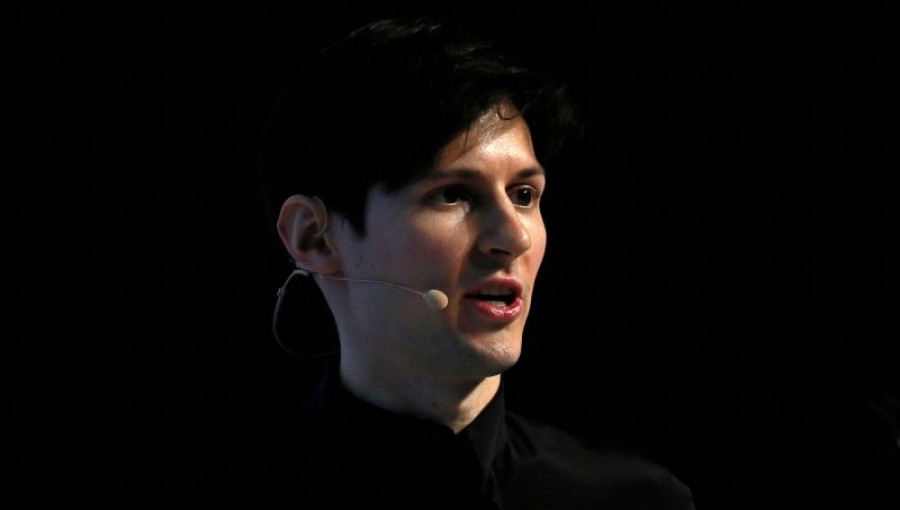
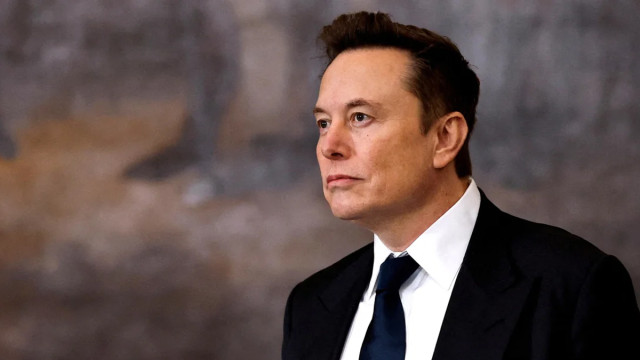




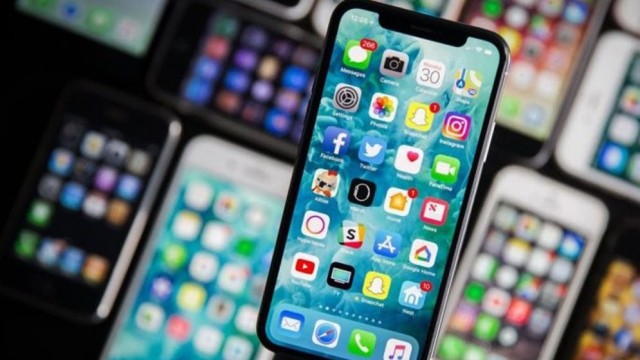
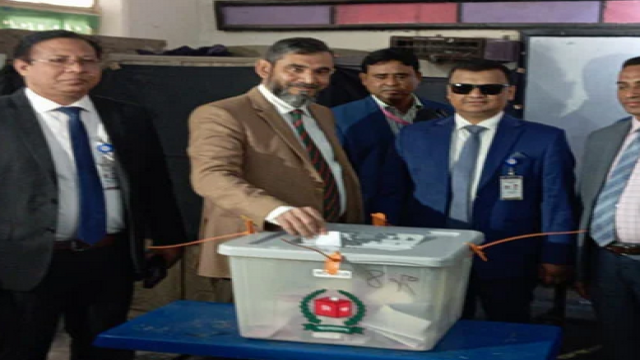
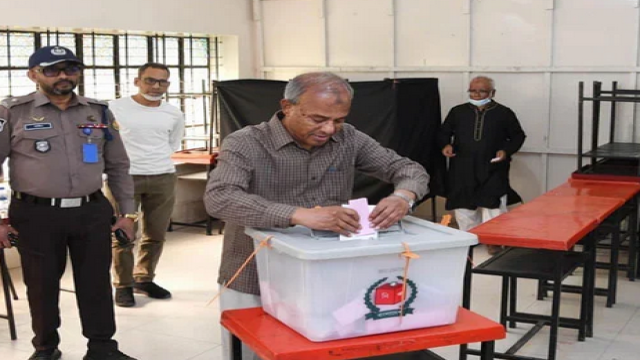
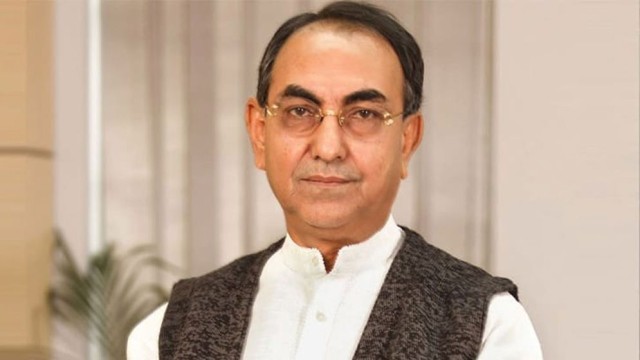
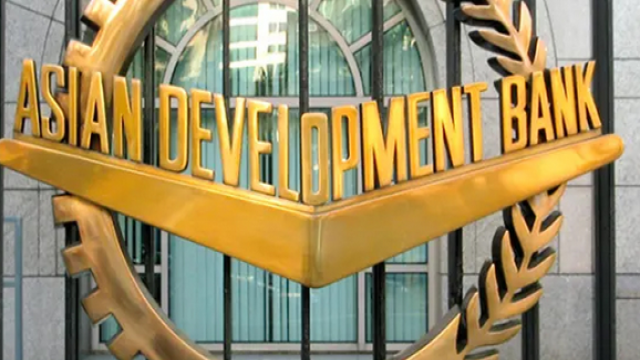


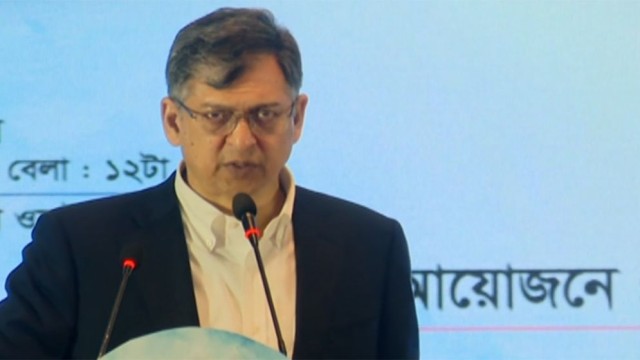
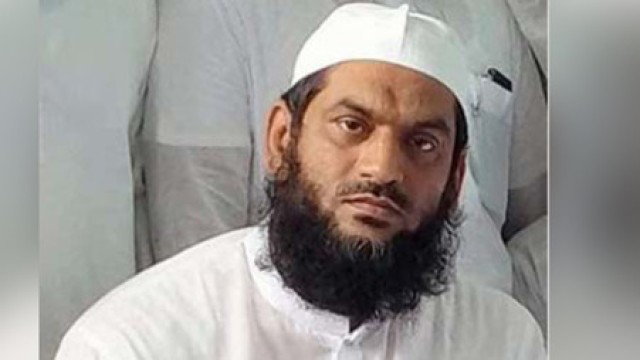

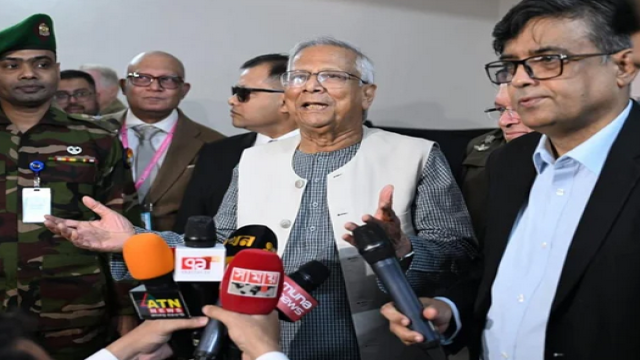











Comment: